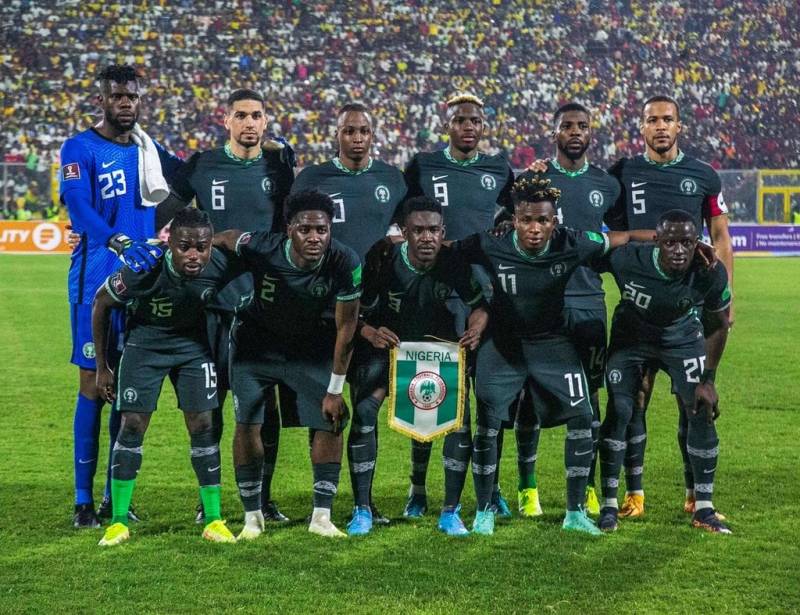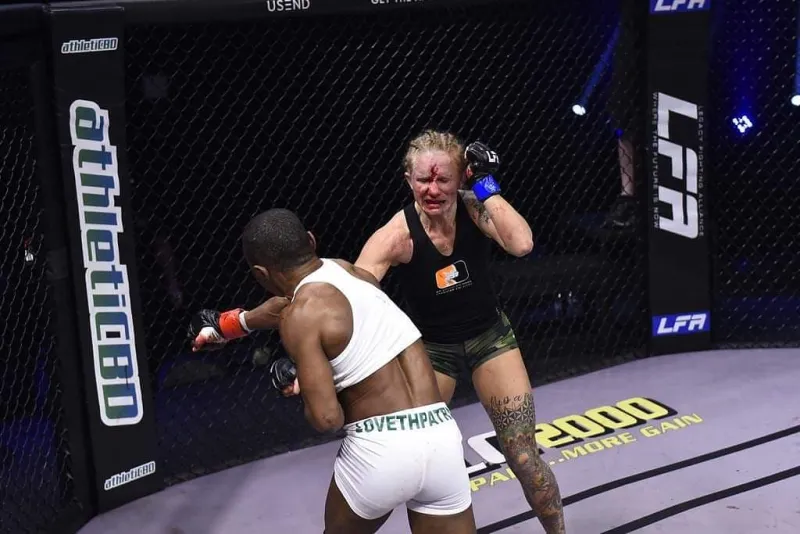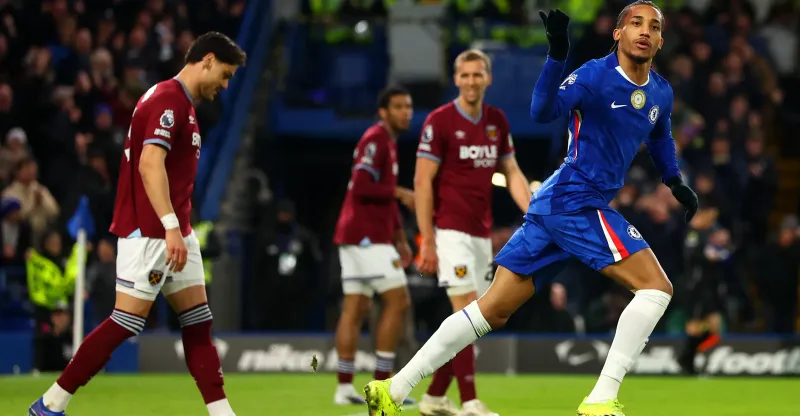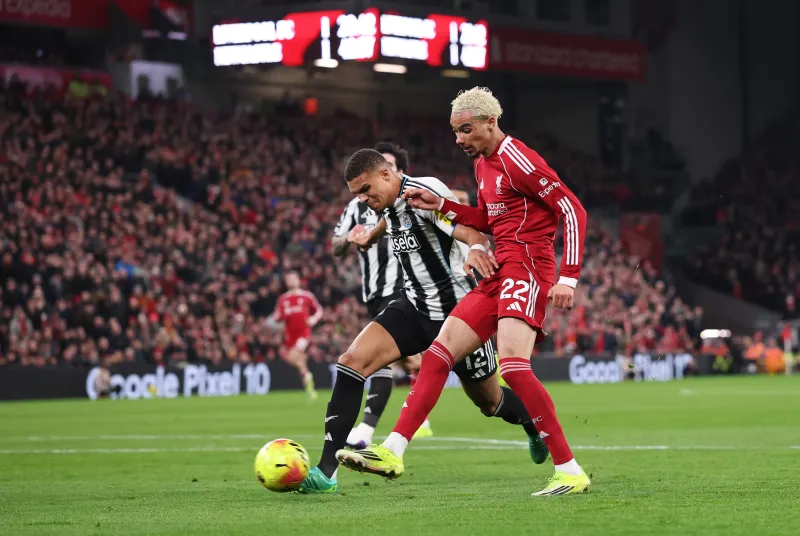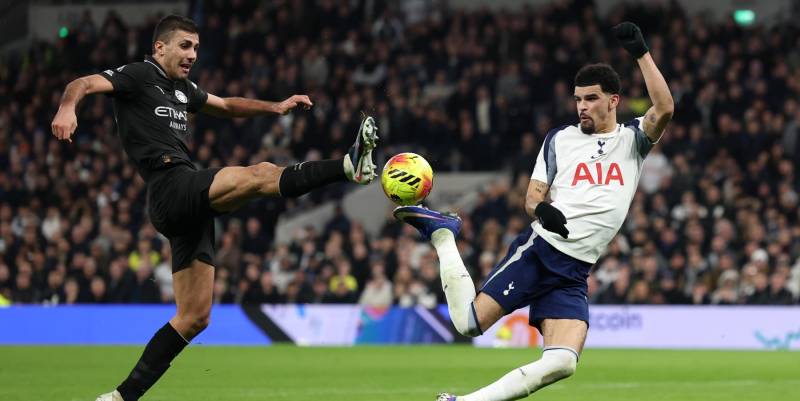The coaching department has been a major concern for Nigeria’s national team, Super Eagles.
Over the years, the Super Eagles have witnessed several changes in the department.
The Nigeria Football Federation, NFF, has been hiring and firing both local and foreign coaches for the Super Eagles.
For the past sixteen years, both local and foreign coaches have handled the team.
According to Abubakar Ibrahim, a local or a foreign coach can manage the Super Eagles very well if given a free hand to do so without inference from the government, as he cited some examples.
Ibrahim said, “The issue of a local coach, foreign coach all have advantages and disadvantages. As for the local coach, if he is well educated, well exposed, has the experience and is a professional, if he has been given a free hand to coach, he can do what you don’t even expect him to do.
But even the foreign coach, no matter how professional he is, how good he is, how well exposed he is, or his experience and his achievement in the game, if he does not have free hands, he cannot perform, he cannot have good results.
“But you know our major problem in Nigeria is what is affecting the team. The management has issues, the team has issues, and the coaches have issues. The coach has his own bias, he would come with his own players and the government would be giving him other players again to feature.
“If you look at the Senegal coach [Aliou Cissé], for example, he has been the coach of the national team since 2015; for many years he has been in charge of the Teranga Lions and look at what he is doing. So no matter how good you are as a foreign coach, when you come to Nigeria, you will not be given that free hand to do your thing. You cannot do anything. “They will be giving you players, some of them do not even deserve to be in the team but they would be in the team, and you have to feature him. So there are many issues. The only solution here is that if we can talk to ourselves, like in other countries, the national team coach has a free hand to select his players and do his job without government interference.
“We have local coaches that are very good. If you can refer back to the USA when Shuaibu Amodu was the one that single-handedly took charge of the team, he was the one that managed the team. He screened the team, stayed with the players at the camp, and won the qualifying tournament.
“It was on the last row when he was going to the World Cup that is when they brought Clemens Westerhof. So Westerhof just came as a bonus and Jo Bonfrère. So no matter how good you are as a foreign coach, you would not be given a free hand. And let me tell you one thing, it is what you know. The foreign coaches are also politicians. They do bargain with some of these Nigerian people in charge of our football, so when you appoint them, they have their own percentage, and that is why they are not performing.
“So the only solution here is even though he is a local coach, give him a free hand, trial, more time when he would make a good screening, stay in the camp with the players, let him adopt whatever techniques he has, anything he wants to do, give him that time and he would do it.
“The same thing with the foreign coach, if you do not give him all these things we cannot get results, let’s remove sentiment, eagerness to get quick results. A player must not give you money before he comes to the camp.”
Meanwhile, Sani Fema, a former board member of the Nigeria Football Federation (NFF), has said the Super Eagles don’t need Peseiro to deliver because the team consists of a group of talented players.
According to Fema, he prefers local Nigerian coaches to foreign ones to manage the Super Eagles.
Fema said, “You can see that the players did well in Guinea Bissau, especially in the first half, the host could not attack them.
“I’m so impressed with the team, but like I said, we lack a good technical crew.
“I’m not supporting Peserio. I prefer our local coaches. We have potential coaches, the likes of Sunday Oliseh and Emmanuel Amuneke.”
